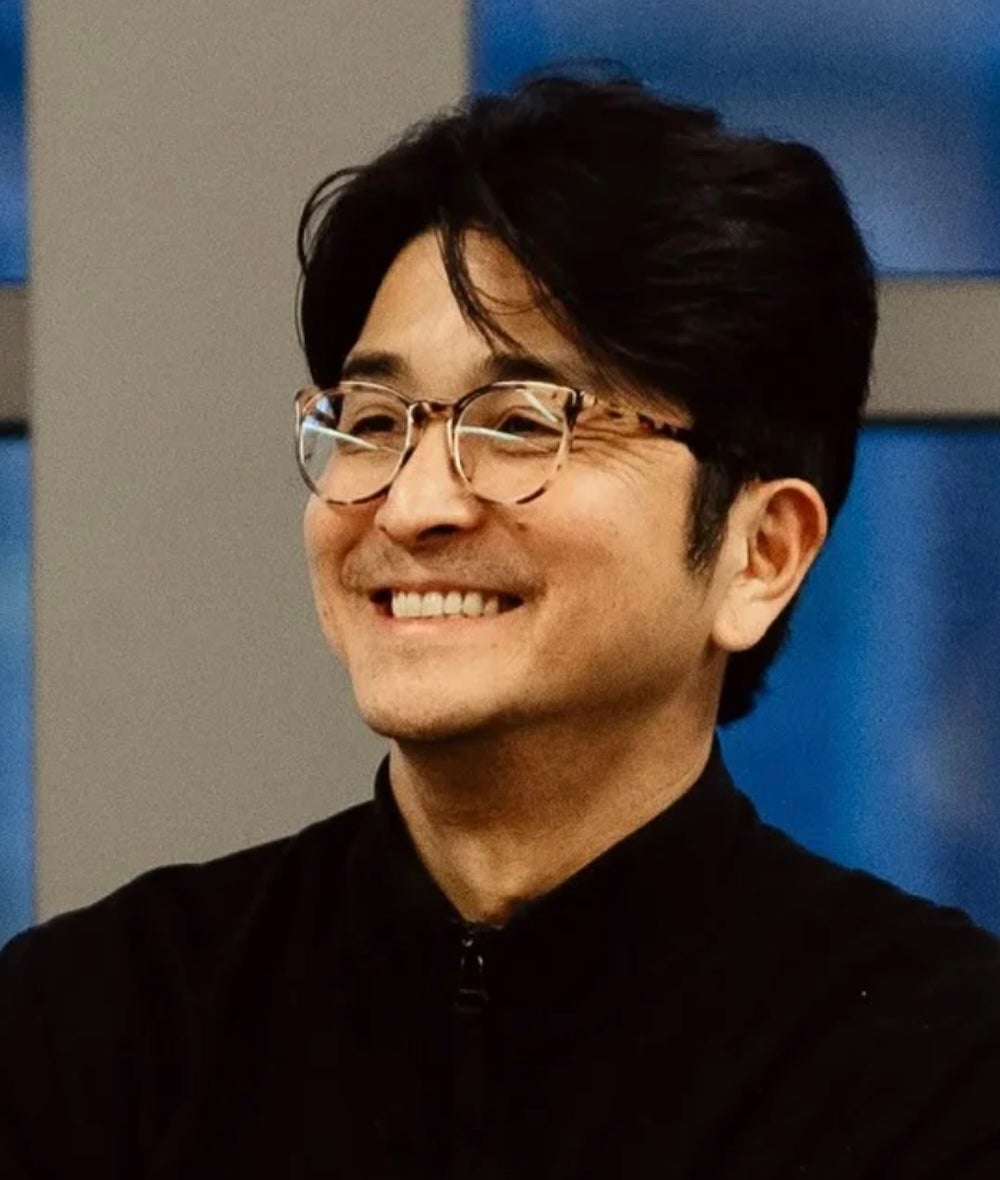In a field of study as expansive as ocean governance, research questions and issues quickly become interconnected. Department of Marine Affairs professor Yoshitaka Ota is one researcher who understands this trend–and its importance. Trained as a social anthropologist at University College London, his early career focused on working with coastal communities and learning how their fishing practices and social structures depend on the ocean. With over 100 research publications to his name, his work led to the creation of the Nereus Program. Serving as director from 2011 until its conclusion in 2019, this program served as a global partnership in forwarding the understanding of the “global human-ocean system across the natural and social sciences” and working to predict the future of oceans.
Since then, Ota has continued devoting his career to promoting social equity and visibility in ocean governance worldwide. Although most ocean problems are collective problems–everyone can experience and suffer from them–Ota is aware that many coastal communities are left without a “seat at the table” during decision-making processes that affect them. “Once you understand the impact of uneven power structures in ocean governance, it becomes clear why social equity must be at the core of how we use, manage, and conserve our oceans,” he says. “Tackling these issues requires difficult and often unfamiliar conversations, including ethnicity, power, and gender.” Without ensuring all stakeholders have a voice, meaningful work in addressing complex, interconnected problems such as ocean pollution and climate change will be difficult and limited.
As Founder and Director of his newest research initiative Ocean Nexus, a scholarly network of researchers who advance ocean equity, Ota aims to work towards his goal of social equity in ocean governance. “Ocean Nexus was established as a crucial platform to facilitate these necessary discussions and promote actionable solutions to stop and prevent inequities in oceans,” he explains. After over a decade of working at the intersection of these pressing issues, Ota and the Ocean Nexus project have found a new home within URI’s Department of Marine Affairs. “I have always felt a strong alignment with URI’s support and enthusiasm for our shared vision of social equity in the ocean context,” he says. “This mutual commitment made it clear to me that URI is the right home for me and Ocean Nexus to take to the next step: to implement ocean equity at a global scale.”
Amelia Moore, associate professor of marine affairs and gender and women’s studies, was instrumental in bringing Ota and his research to URI, and echoes his enthusiasm for joining CELS. “Dr. Ota has helped guide the Ocean Nexus organization to focus on identifying pernicious social and historical inequities in the ocean system,” she says. “This makes the Ocean Nexus a timely partner with the Department of Marine Affairs, the College of Environment and Life Sciences, and URI as we collectively act to make ocean science, policy, and education more accountable, ethical, and reparative.”
By Edward Cascella, CELS Graduate Communication Fellow

